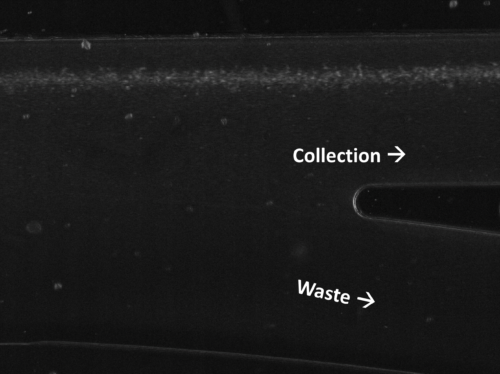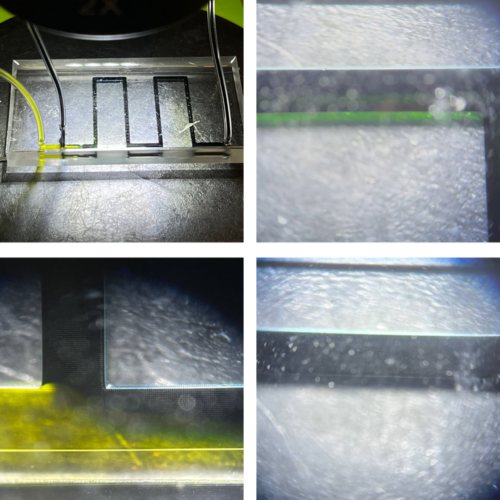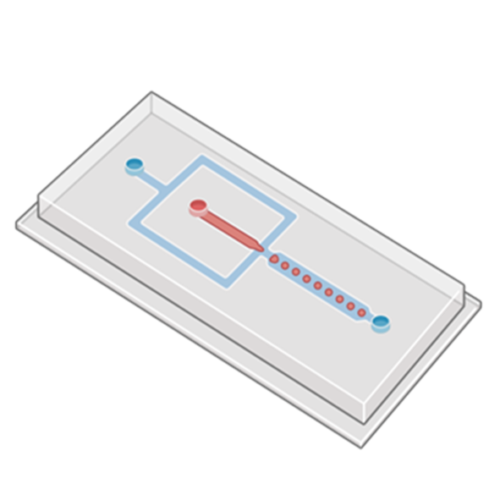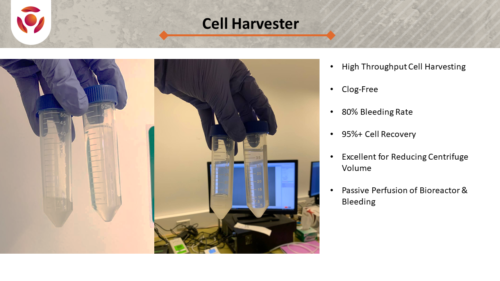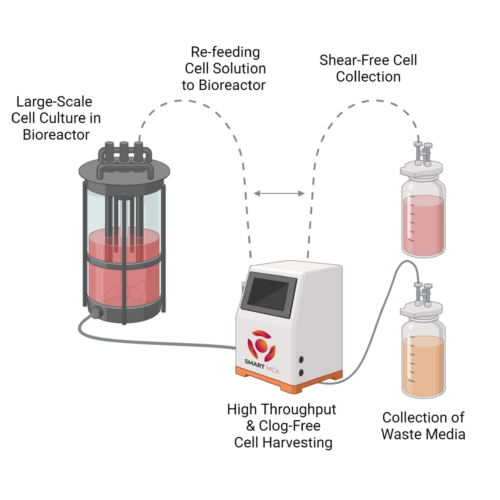Description
In the realm of biomedical engineering and bio-MEMS, the innovation of organs-on-chips (OoCs) stands as a monumental leap forward, merging the capabilities of labs-on-chips (LOCs) with advanced cell biology to revolutionize our understanding of human physiology. At Smart MCs, we are at the forefront of this technology, crafting versatile systems designed to accurately model and maintain the microenvironments of miniature tissues within microfluidic chips. Our organ-on-a-chip technology encompasses a multi-channel, 3-D microfluidic cell culture chip that emulates the functions, dynamics, and responses of entire organs or organ systems.
This technology serves as a more sophisticated approximation of complex tissues compared to traditional cell cultures, offering a potential alternative to animal testing in pharmaceutical research and toxicology. Despite the technology still being in the nascent stages of development, our OoCs have shown promise in simulating a wide array of human organs, including the brain, lung, heart, kidney, liver, and more, each varying in design and approach to cater to specific research needs.
Smart MCs’ organs-on-chips not only facilitate the detailed study of human physiology in an organ-specific context but also enable researchers to explore the intricate pathophysiology of human diseases, such as viral hepatitis, through platforms like the liver chip. By replicating the physical and biochemical environments of human tissues, our organ-on-a-chip systems provide invaluable insights into organ functions, interactions, and responses to pharmaceutical compounds or toxins, heralding a new era in drug development, disease modeling, and personalized medicine.
Leveraging the precision and control offered by microfluidic technology, Smart MCs is committed to advancing biomedical research with our state-of-the-art organ-on-a-chip systems. Whether for academic research, pharmaceutical development, or clinical studies, our OoCs offer a versatile and reliable platform to explore the vast complexities of human biology, paving the way for groundbreaking discoveries and innovations in healthcare.




